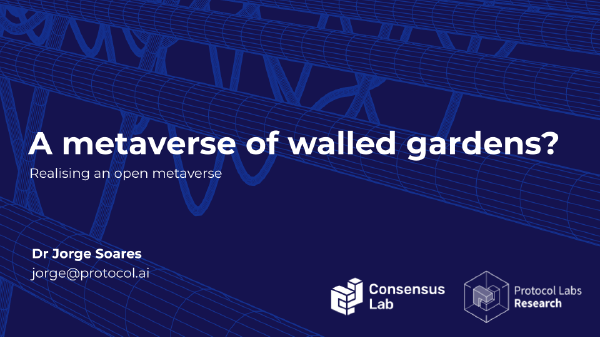Jorge is a Technical Program Manager on the ConsensusLab team, where he helps steer and accelerate Protocol Labs’ research on blockchain scalability.
He holds BSc and MSc degrees in Communication Networks Engineering and received a joint PhD from EPFL (in Robotics, Control, and Intelligent Systems) and IST-UL (in Electrical and Computer Engineering) for his research in control theory and marine robotics. He’s a licensed engineer in Andorra and Portugal.
Prior to joining Protocol Labs, Jorge worked as a patent examiner with the European Patent Office, where he focused on human-computer interaction and the physical aspects of computing devices. He’s a Senior Member of IEEE and a long-time volunteer, currently serving as Vice-Chair of the European Public Policy Committee.


